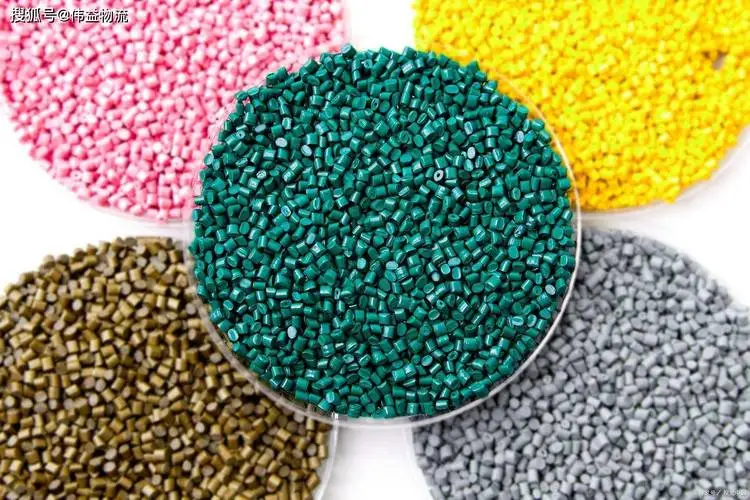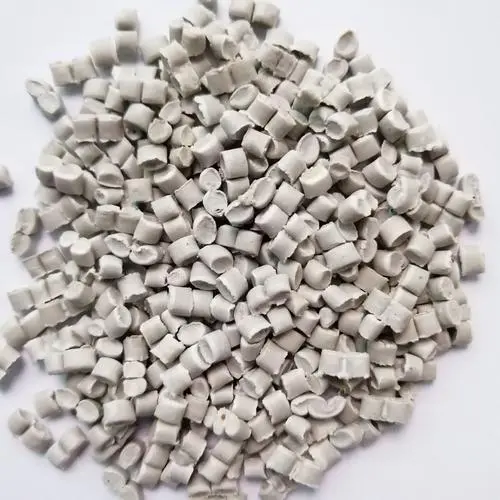Polymer particles: widely used
Release Time:
May 23,2024
Polymer particles: widely used Polymer particles are versatile materials that have found wide applications in various fields due to their unique properties. From healthcare to environmental remediation, polymer particles play a crucial role in numerous industries. In this article, we will explore the different uses of polymer particles and the reasons behind their widespread popularity.

Polymer particles: widely used
Polymer particles are versatile materials that have found wide applications in various fields due to their unique properties. From healthcare to environmental remediation, polymer particles play a crucial role in numerous industries. In this article, we will explore the different uses of polymer particles and the reasons behind their widespread popularity.
In the medical field, polymer particles have revolutionized drug delivery systems. These particles can be engineered to release drugs at a controlled rate, ensuring optimal therapeutic effects while minimizing side effects. Furthermore, polymer particles can be designed to target specific tissues or cells, enhancing the efficacy of treatments for diseases such as cancer. The biocompatibility of polymer particles also makes them ideal for use in implants and medical devices.
In the field of cosmetics, polymer particles are commonly used in formulations to improve product stability and enhance sensory properties. These particles can act as emulsifiers, thickeners, or film formers, providing a wide range of benefits such as increased hydration, reduced greasiness, and improved texture. Polymer particles are also used in sunscreens to enhance UV protection and water resistance.
In the agricultural industry, polymer particles are employed in the development of controlled-release fertilizers and pesticides. By encapsulating nutrients or active ingredients within polymer matrices, the release of these substances can be regulated over an extended period, reducing the need for frequent applications and minimizing environmental impact. Polymer particles also help improve the efficiency of water and nutrient uptake by plants, leading to higher crop yields.
In the field of environmental remediation, polymer particles are used to remove pollutants from soil, water, and air. These particles can adsorb or absorb contaminants such as heavy metals, oils, and organic compounds, effectively purifying the environment. By incorporating functional groups into the polymer structure, the selectivity and efficiency of pollutant removal can be enhanced. Polymer particles are also used in wastewater treatment to remove impurities and pathogens, ensuring the safety of drinking water.
In the electronics industry, polymer particles play a crucial role in the development of advanced materials for electronic devices. These particles are used in the fabrication of conductive inks, dielectric materials, and encapsulants, enabling the production of flexible and lightweight electronics. Polymer particles with specific properties such as high thermal conductivity or low dielectric constant are essential for the performance of electronic components.
In conclusion, polymer particles are versatile materials that find widespread applications in various industries due to their unique properties. From drug delivery systems to environmental remediation, these particles offer numerous benefits such as controlled release, targeted delivery, and pollutant removal. The continued research and development of polymer particles are essential for addressing the challenges faced by society and advancing technological innovations.
Keywords:
More information






